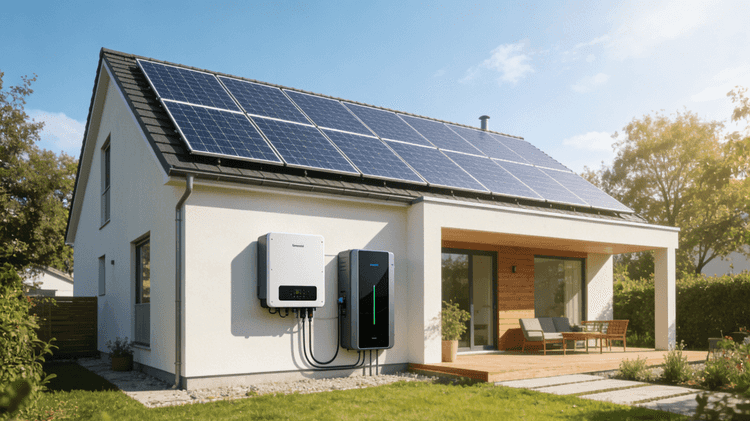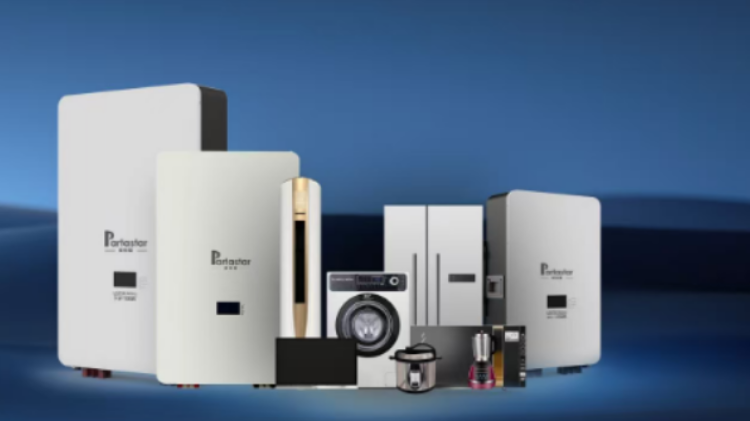Home Energy Storage System is a technology that allows homeowners to store electricity for later use, typically using batteries. This stored energy can be used to power homes during periods of high electricity demand, during power outages, or at night when solar panels or other renewable energy sources are not generating electricity. Here are some common uses and benefits of Home Energy Storage System:
Solar Energy Self-Consumption: Homeowners with solar panels can store excess energy generated during the day in batteries for use at night. This maximizes self-consumption of solar power and reduces reliance on the grid.
Backup Power: Home Energy Storage Systems can provide backup power during grid outages. This is especially valuable in areas prone to power interruptions due to storms, extreme weather, or grid instability. Critical appliances and lighting can continue to operate during these times.
Time-of-Use (TOU) Rate Optimization: In regions with time-of-use electricity pricing, homeowners can store electricity during off-peak hours when rates are lower and use it during peak hours when rates are higher, helping to save on electricity bills.
Load Shifting: Homeowners can use stored energy during peak evening hours when electricity demand is high. This reduces the strain on the grid and helps prevent blackouts.
Electric Vehicle Charging: Home Energy Storage System can be used to charge electric vehicles (EVs) overnight, taking advantage of lower electricity rates and reducing the load on the grid during daytime charging.
Grid Support and Stabilization: In some regions, Home Energy Storage Systems can participate in grid support programs. They can discharge energy back into the grid during times of high demand, helping to stabilize the grid and earn incentives or credits.
Energy Independence: By storing energy on-site, homeowners can reduce their dependence on utility companies and have a source of power even during extended grid outages.
Environmental Benefits: Home Energy Storage Systems can reduce the need for fossil fuel-based power generation and decrease greenhouse gas emissions, contributing to a more sustainable and eco-friendly energy ecosystem.
Remote and Off-Grid Living: Home Energy Storage System is essential for remote homes or cabins without access to the grid. It allows residents to have a reliable source of electricity, typically paired with renewable energy sources like solar or wind.
Energy Management: Advanced home energy storage systems often come with energy management software that allows homeowners to monitor and control their energy usage, optimize charging and discharging, and make informed decisions about energy consumption.
It's important to note that the effectiveness and benefits of Home Energy Storage System depend on factors such as the capacity of the storage system, the efficiency of the batteries, the local electricity rates and policies, and the availability of renewable energy sources like solar or wind. As technology continues to advance and costs decrease, Home Energy Storage System is becoming more accessible and appealing to a growing number of homeowners seeking energy independence and sustainability.



